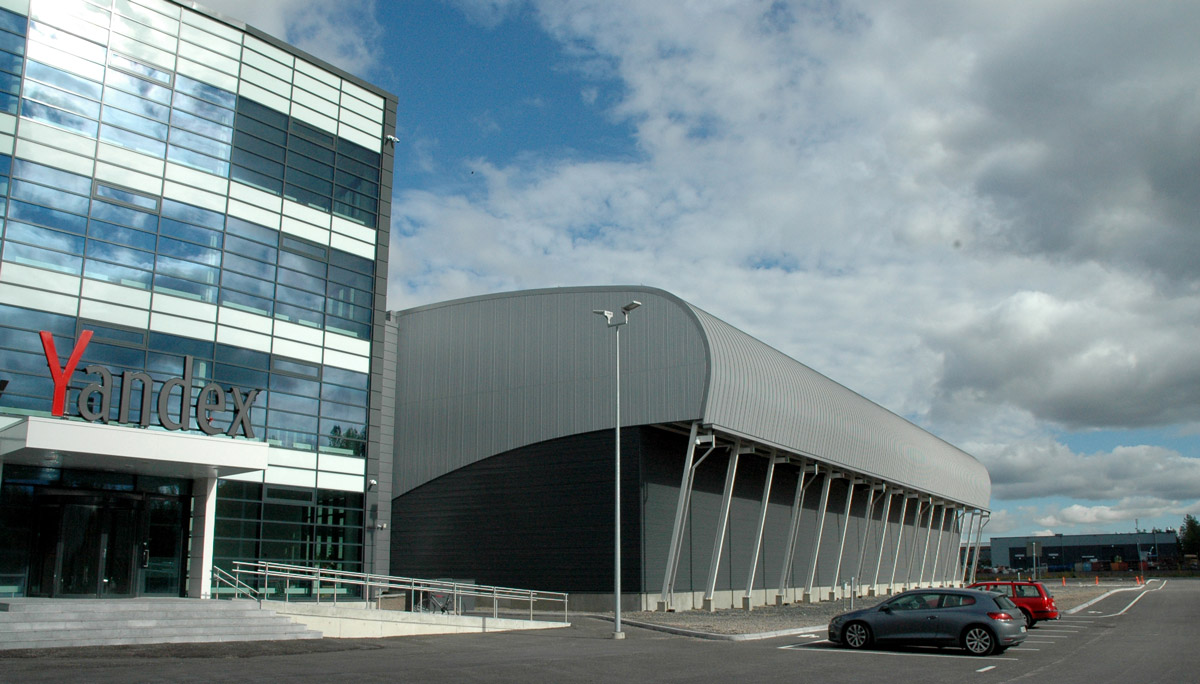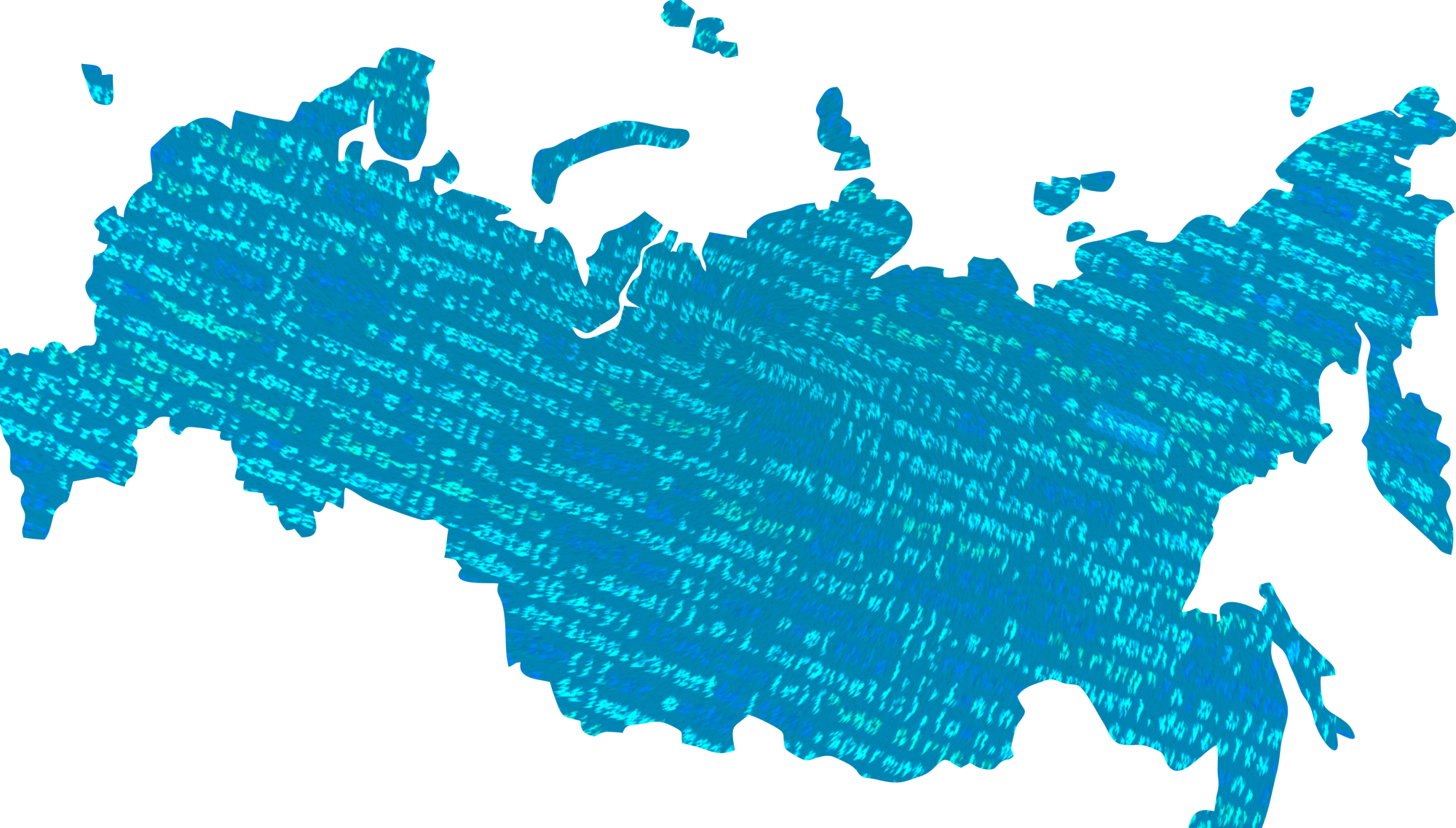On December 14th, Digital Russia Studies autumn seminars series were concluded by two presentations that exposed – in their own way – how the abundance of data influences modern societies.
Our Guest PhD Ekaterina Kalinina, Senior Lecturer at the School of Culture and Education of Södertörn University gave a talk about a project she is about to launch. How our way of remembering is influenced by the fact that nowadays artificial intelligence quite often takes care of preserving and organizing the traces our memory relies on. Are we about to lose our capacity – or privilege – of forgetting because of the apparently unlimited capacity to record and save all data?
PhD Julia Velkova, a post-doctoral researcher at the Consumer Society Research Centre at the University of Helsinki, discussed the material infrastructure required to store and process data. In a talk “Geopolitics of Data: Yandex Digital Data Infrastructure in Finland from a Critical Media Infrastructure Perspective” she offered an in-depth analysis of political, economic and environmental dimensions of a project carried out by Yandex, Russian information technology giant, in Mäntsälä, Finland. The project attracted media attention since the heat produced by data center is used by the city and this infrastructure looks like a win-win solution for both city, local energy providers and Yandex. However, the current setting is influenced by the shared belief that the volume of data to be stored and processed will exponentially grow with no interruption. Julia Velkova insists that this belief should be questioned to assess the viability of the Yandex data center project, and of other projects of this kind.




